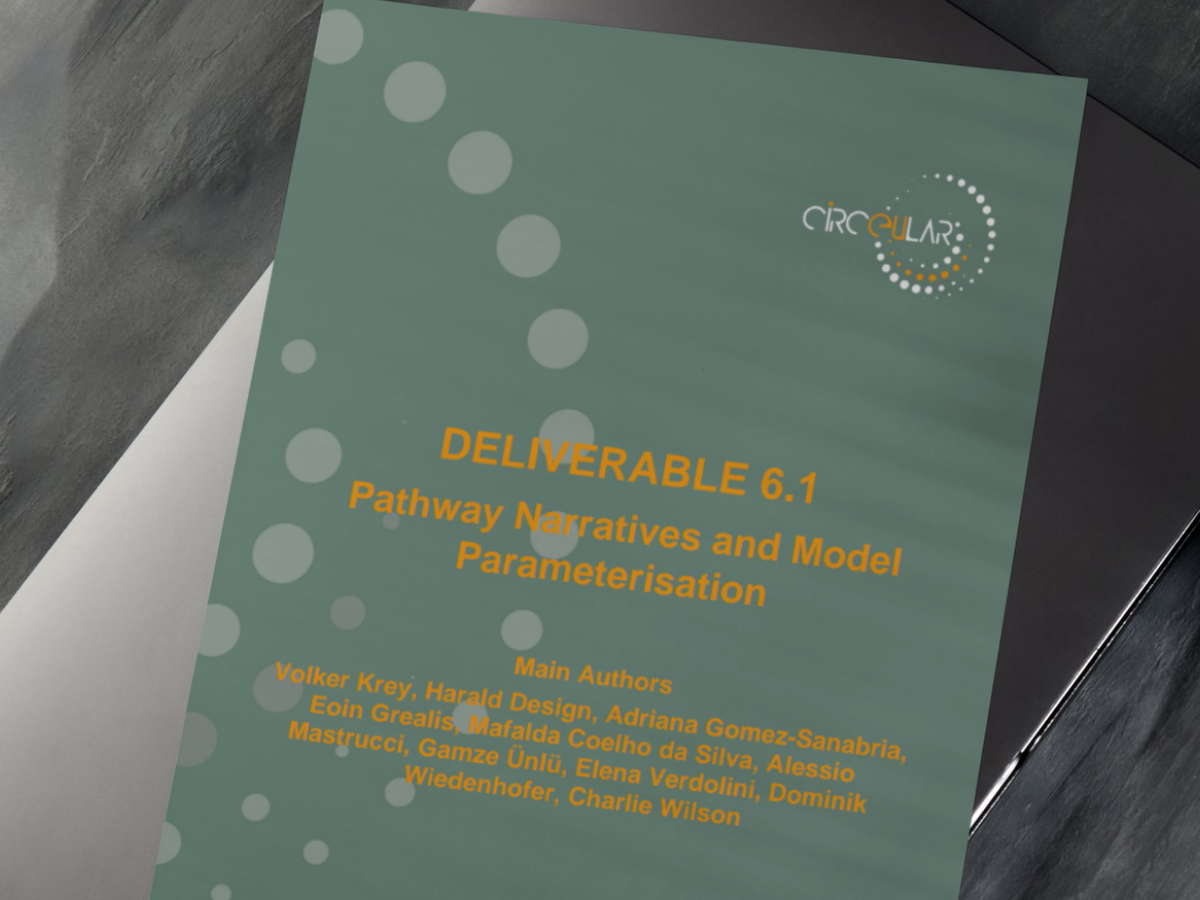
The CircEUlar project developed a set of narratives that examine how Circular Economy (CE) strategies can contribute to achieving net-zero greenhouse gas emissions by 2050, with a specific focus on three key areas: Mobility, Buildings and Household Services, and Digitalisation. At the heart of each narrative is one of the so-called “Narrow-Slow-Close” CE approaches: Narrow: Use Less; Slow: Use Longer; and Close: Use Again.
The CircEUlar narratives, co-developed with stakeholders, integrate societal transformation towards circularity in three main ways:
- Through dematerialisation and a transition to a service-based economy;
- Through lifetime extension of material stocks via repair, maintenance, reuse and repurposing of products and infrastructure;
- Through enhanced waste treatment and recycling systems, supported by appropriate incentives.
In addition to stakeholders’ inputs, the narratives are informed by empirical insights on circular provision of goods and services, as well as on circular consumption practices. These insights were generated within the project through case studies, interviews, and surveys conducted across various European countries and regions, and have been scaled up to a level suitable for integration into model-based analysis.
Following a methodology that was used for in the development of the so-called Shared Socio-economic Pathways (SSPs), which are heavily used across different communities in climate change research, the elements of the CircEUlar narratives have been translated into initial model parameterisations. This approach enables the transformation of the narratives into quantitative inputs, supporting scenario analysis.
